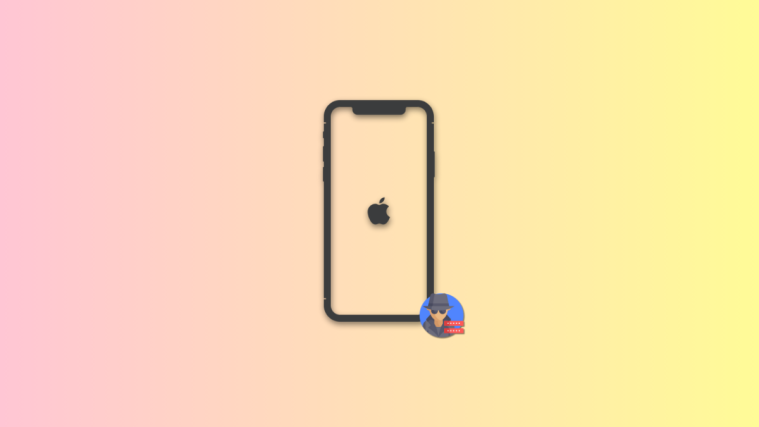Chances are that you’ve come across the term non-fungible a few times in the past few days. From online talk of nonfungible tokens to artists getting upset over nonfungible art – fungibility (and nonfungibility) have become words charged with revolution and energy. But what does non-fungible mean exactly? And why should a regular Joe/Jane care about it? Here’s everything you need to know.
Definition of Non-Fungible
To understand what makes a thing non-fungible, it’s good to understand what the root word ‘fungible’ means. Fungibility refers to the interchangeability of an asset. Anything fungible is replaceable with something that is of an equal value. For simplicity, associate fungible with replaceable (or interchangeable). A basic example of something fungible is money. A $10 note is fungible as it can easily be replaced with ten $1 coins (or other denominations of equal value).
Now, anything that cannot be so easily replaced is nonfungible. Real word objects that cannot be replaced with other items are nonfungible. Your old telecaster guitar, an autographed book, baseball cards, or other such collectibles are said to be nonfungible. Even your collection of coins that are no longer in circulation are nonfungible. Basically, nonfungible is just a high-brow word for something that is unique and thereby defies easy interchangeability.
Related: Nerdschalk Explains: What is NFT Crypto?
What makes something Non-Fungible?
The nonfungibility of an asset (or a thing) depends on a variety of factors. First of all, by definition, the thing has to be unique and non-exchangeable. It has to be one of its kind. Now, in the real-world (as in the digital), there are usually multiple copies of a thing. So what makes something unique? Among other things, time.
A thing takes on a non-specific value when it has stayed in possession for a period of time. Though there may be many copies of your Marvel comics collection, after some time, they all amass a unique characteristic that makes them – you guessed it – nonfungible. Exactly how nonfungible they are will also depend on their condition, packaging, and other such things.
Even if your friend has the same comics, the two may not be interchangeable like to like, simply because they may be in different conditions and may have aged differently. Because it is so hard to put a value on such things, their nonfungibility will attract bids in a wide range, should you ever want to sell them.
Related: Best NFT Marketplace Websites Online and How to Buy
Fungible vs. Non-Fungible tokens
Contrary to popular belief, most things cannot be easily pigeonholed into neat little ‘fungible’ and ‘nonfungible’ asset categories. There’s a fine line between the two.
For instance, gold is a fungible asset. Every single ounce of gold is equivalent to every other ounce of gold. But if you apply a token (or a serial number) to a fungible thing, like a bar of gold, you distinguish it from every other gold bar, thereby making it nonfungible. After all, nonfungibility is the uniqueness of a thing, and here, it is the token that is making it unique.
For purposes of identity management, non-fungible tokens or NFTs (or niftys) are excellent. Just like a physical passport that you need to produce at the point of entry and exit, digital things can be given a unique identity as well. What’s more – digital things can have multiple owners as well, with each owner responsible for a fraction of the whole. Such an arrangement can increase the worth of the digital asset, such as a painting, or a piece of music.
Related: How to Make NFT Art
How Non-Fungible tokens could change creative industries
NFTs have the potential to create new markets out of thin air and increase investment opportunities. Lately, Kings of Leon have become the first band to release their album titled When You See Yourself as an NFT, unlocking limited-edition vinyls and front row seats to their concerts to all fractioned owners. The owners will get the assurance of owning a unique asset, along with the rights to brag about it.
On Friday, Kings of Leon will release their new album, titled When You See Yourself, in the form of a non-fungible token (NFT) — becoming the first band to ever do so. https://t.co/drSINP99Kf
— Rolling Stone (@RollingStone) March 3, 2021
Operating on publically accessible and transparent networks of a blockchain, NFTs can revolutionize the market for some, but it can also upend some other forms of industries. Though there is the argument that NFTs are actually good for artists as it gets them paid for their work, the reality is slightly different.
NFTs don’t really guarantee that the money will go to the artists. In fact, it is not that hard to link a token to someone else’s work and profiting from it. NFT proponents say that tokenizing a piece of work will remove the middlemen who control distribution and promotion. But like most things linked to cryptocurrencies, they may not live up to the expectations.
Considering the fact that there are now twitter handles that will tokenize any tweet for you for profit just shows that the reality hasn’t changed much, only the middlemen have changed.
Will drop some of this on some #NFT pieces! Want me to look at your piece?
1. Drop me a follow.
2. RT this + tag a fellow creator.
3. Comment your piece + info. #nftcollectors #NFTCommunity #nftart
-CS 🤙🏼 pic.twitter.com/2bemjez8kr— CS (@CitizenSeperate) March 11, 2021
Either way, it’s still too early to tell whether ‘nifty’ is here to stay or is it just another bubble waiting to burst. It would appear, the artists are still going to starve, while their work gets tokenized, sold, resold at higher prices, with no end in sight. If you want an artwork, the age-old suggestion still stands – commission the artist.
RELATED
- Trezor vs. Ledger in 2021: Which One To Choose?
- Ledger S vs X in 2021
- Proof of Stake vs. Proof of Work






Very informative. Thank you so very, very much for the simple explanation of what fungible and nonfungible really mean for your average Joe. Awesome work, keep it up. 😀